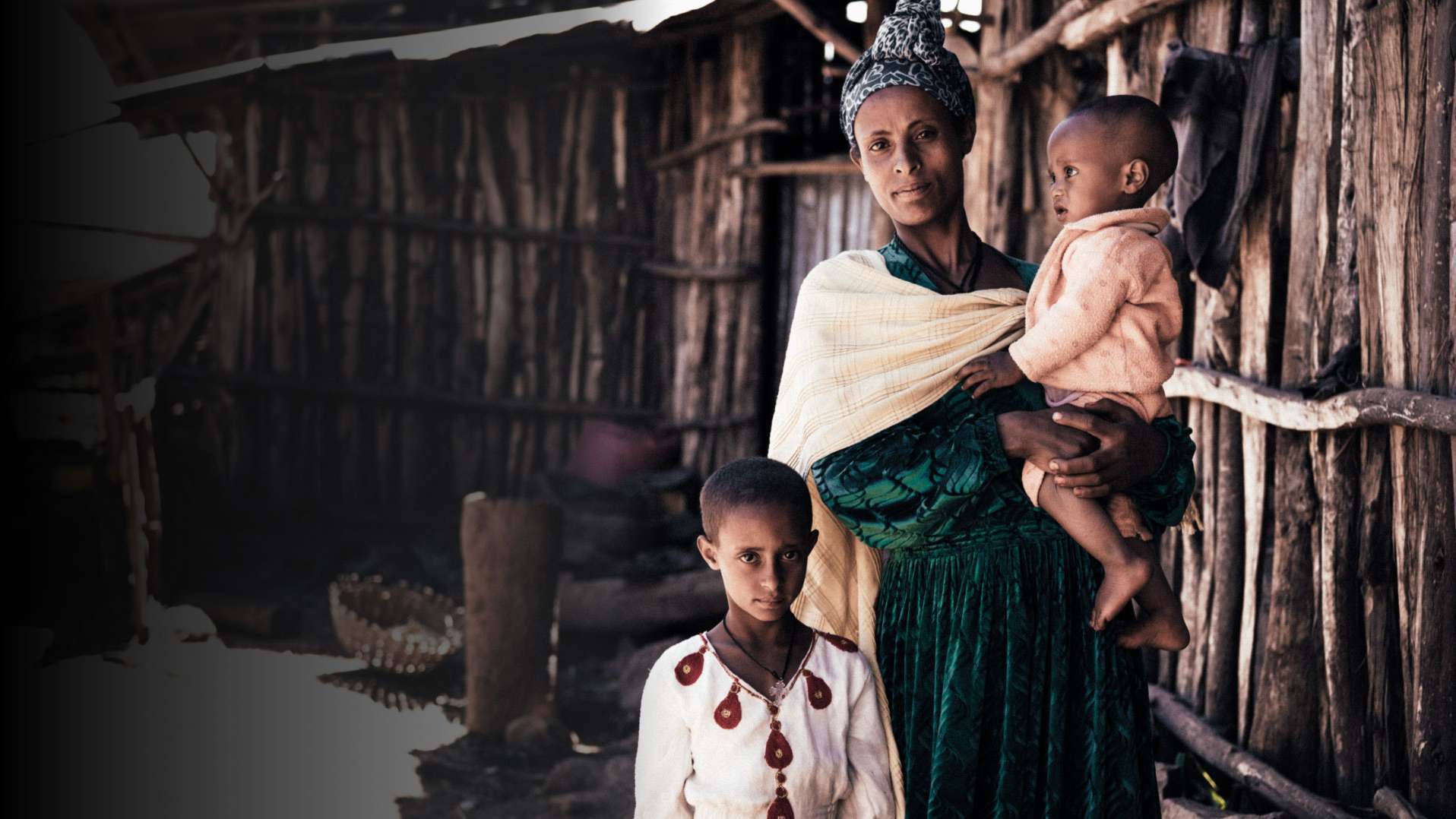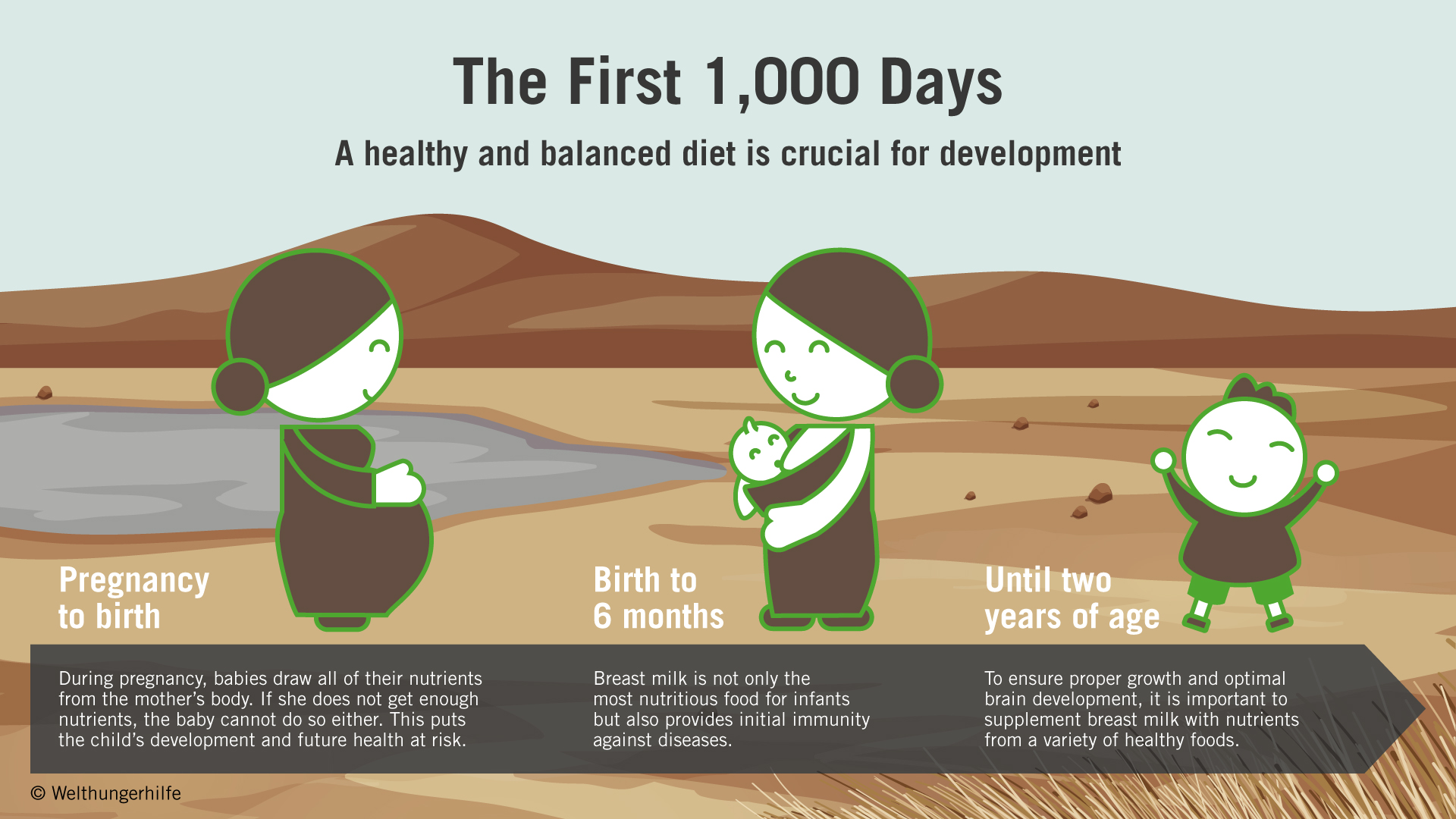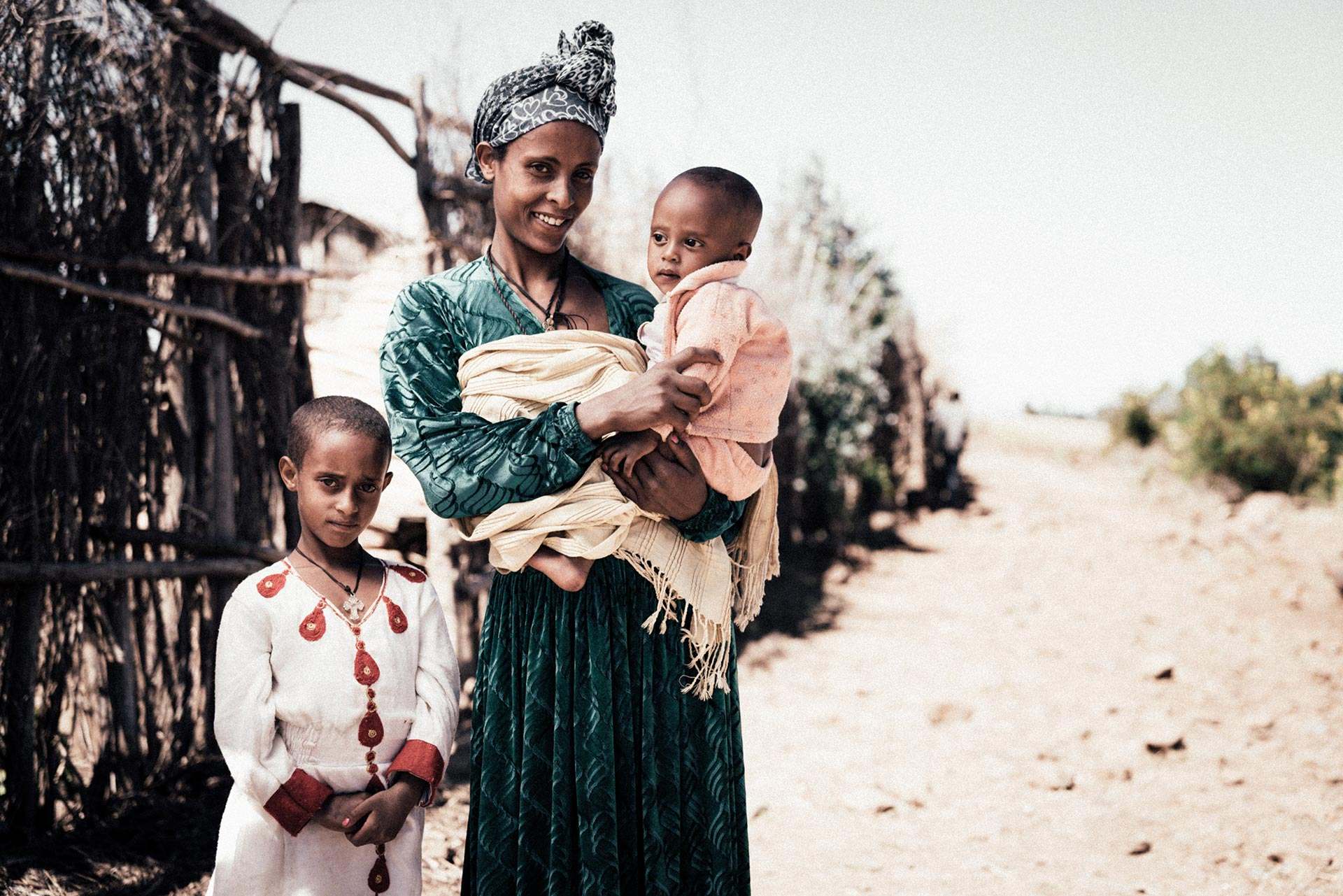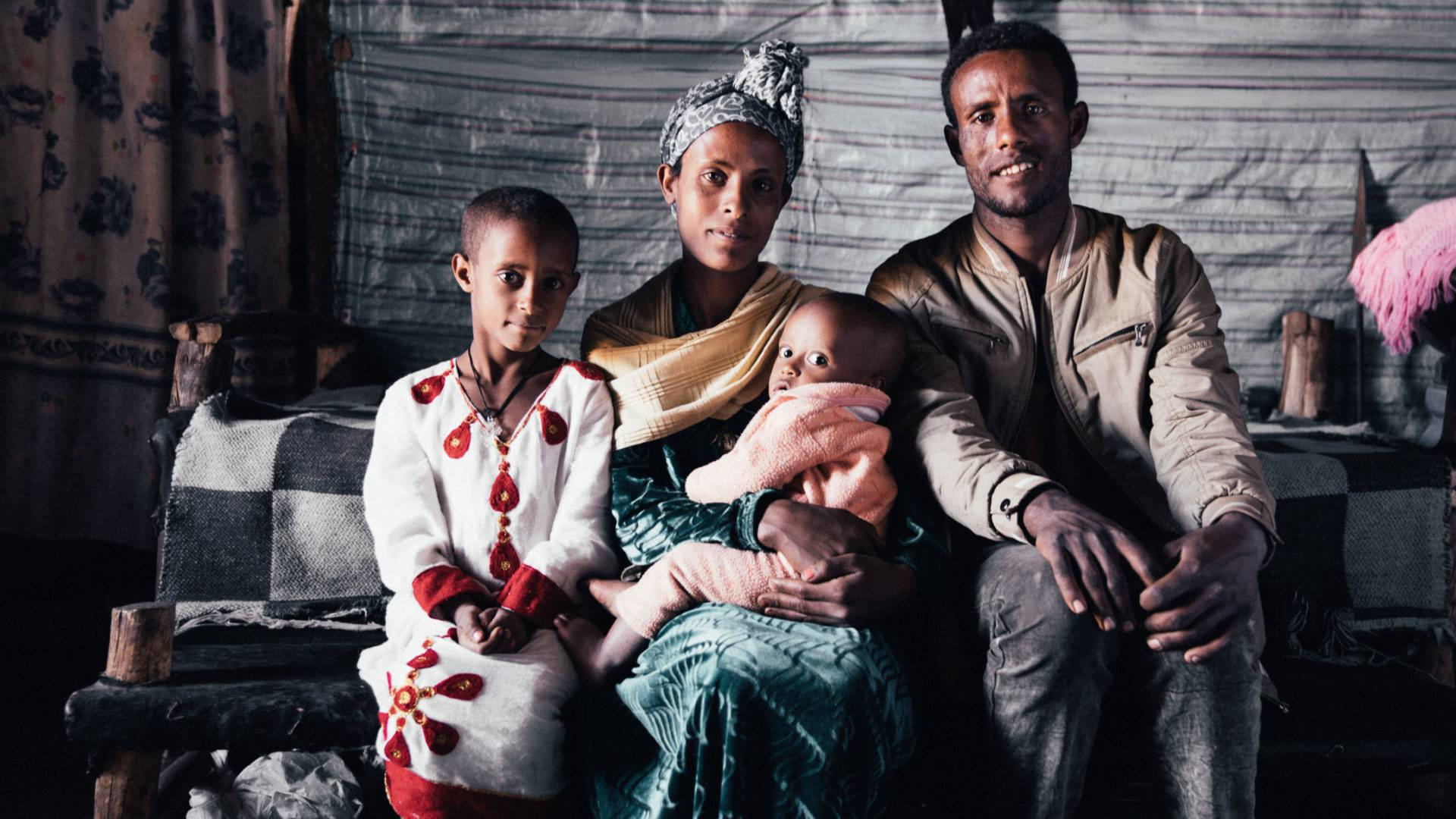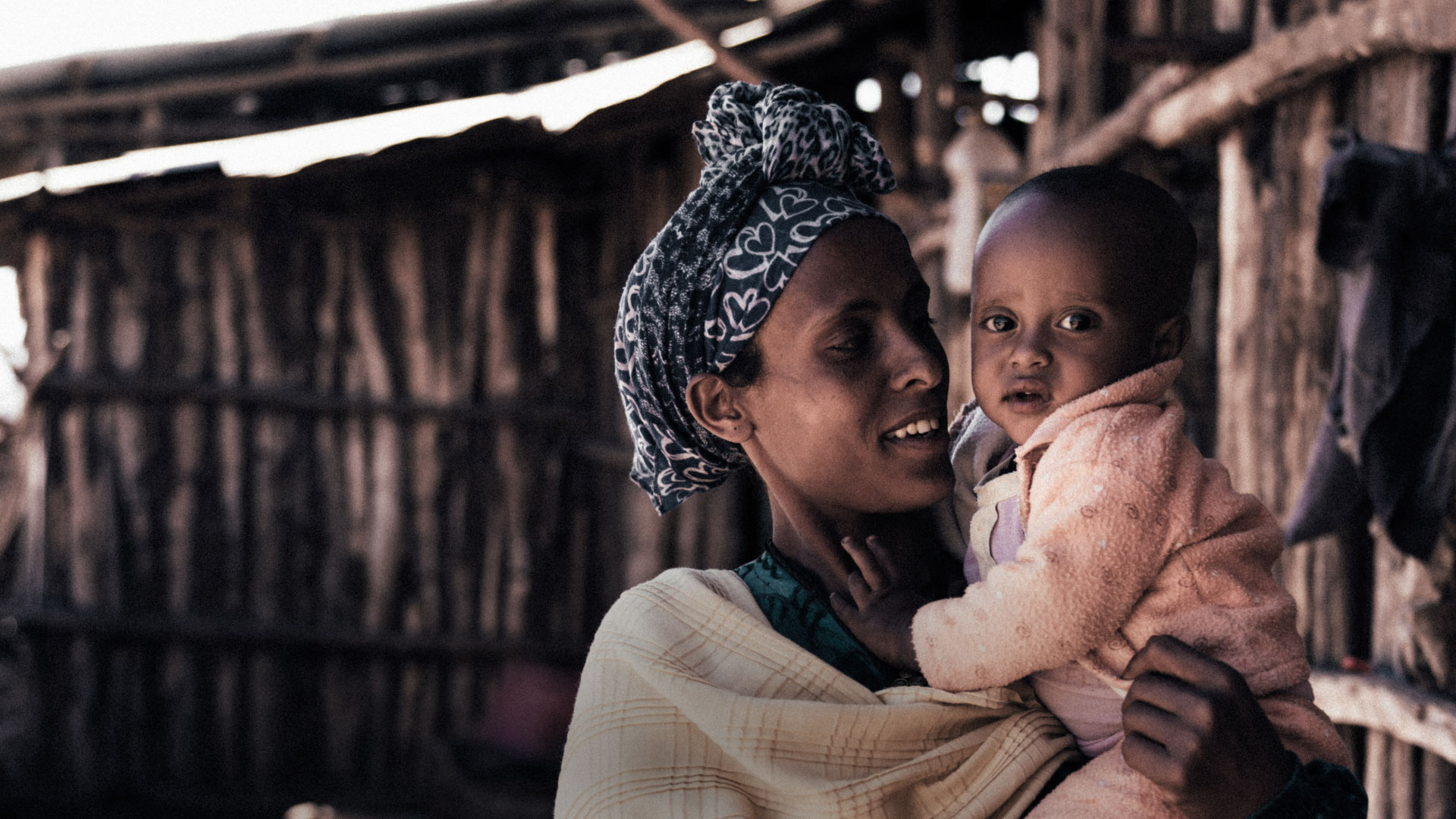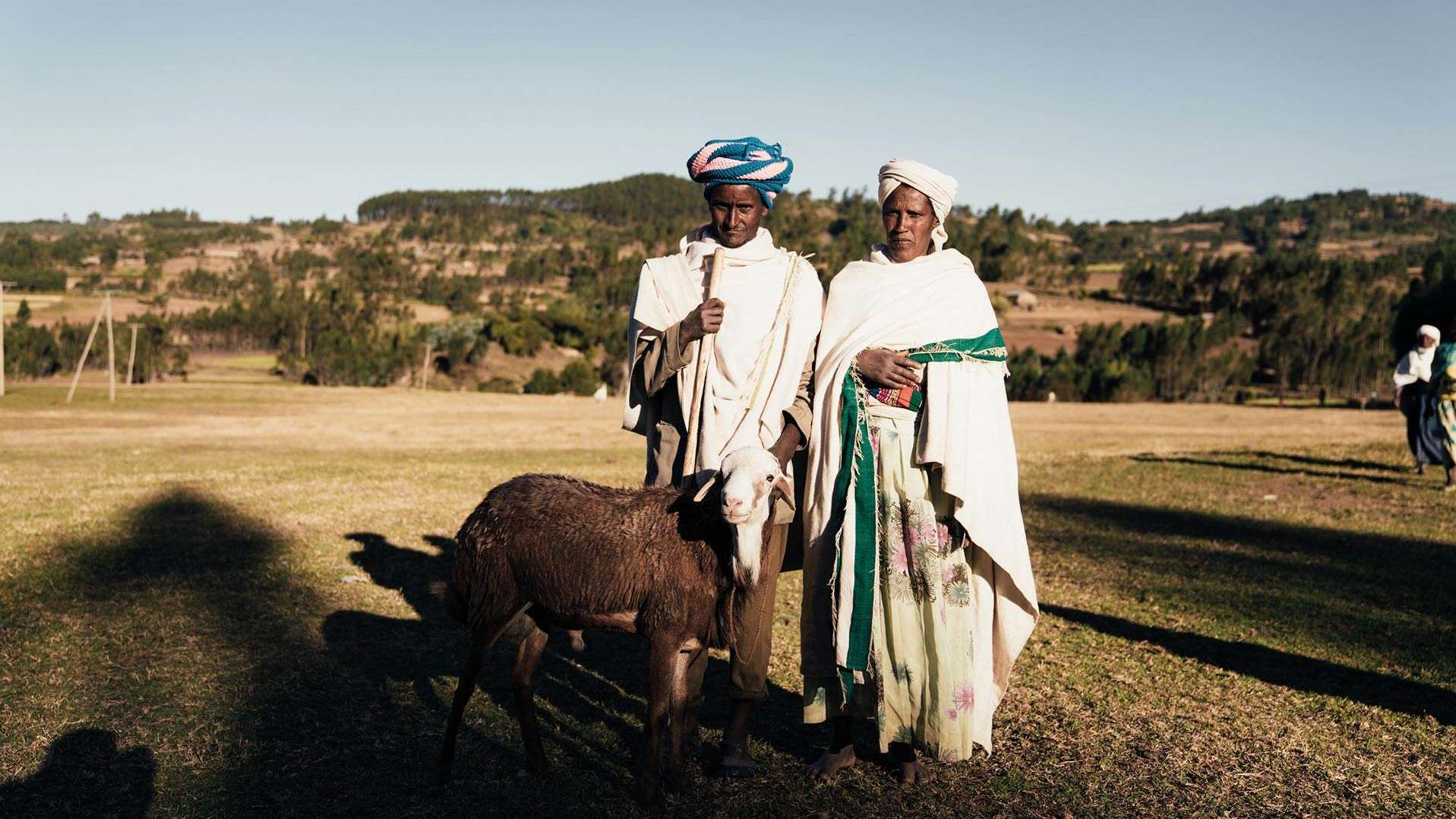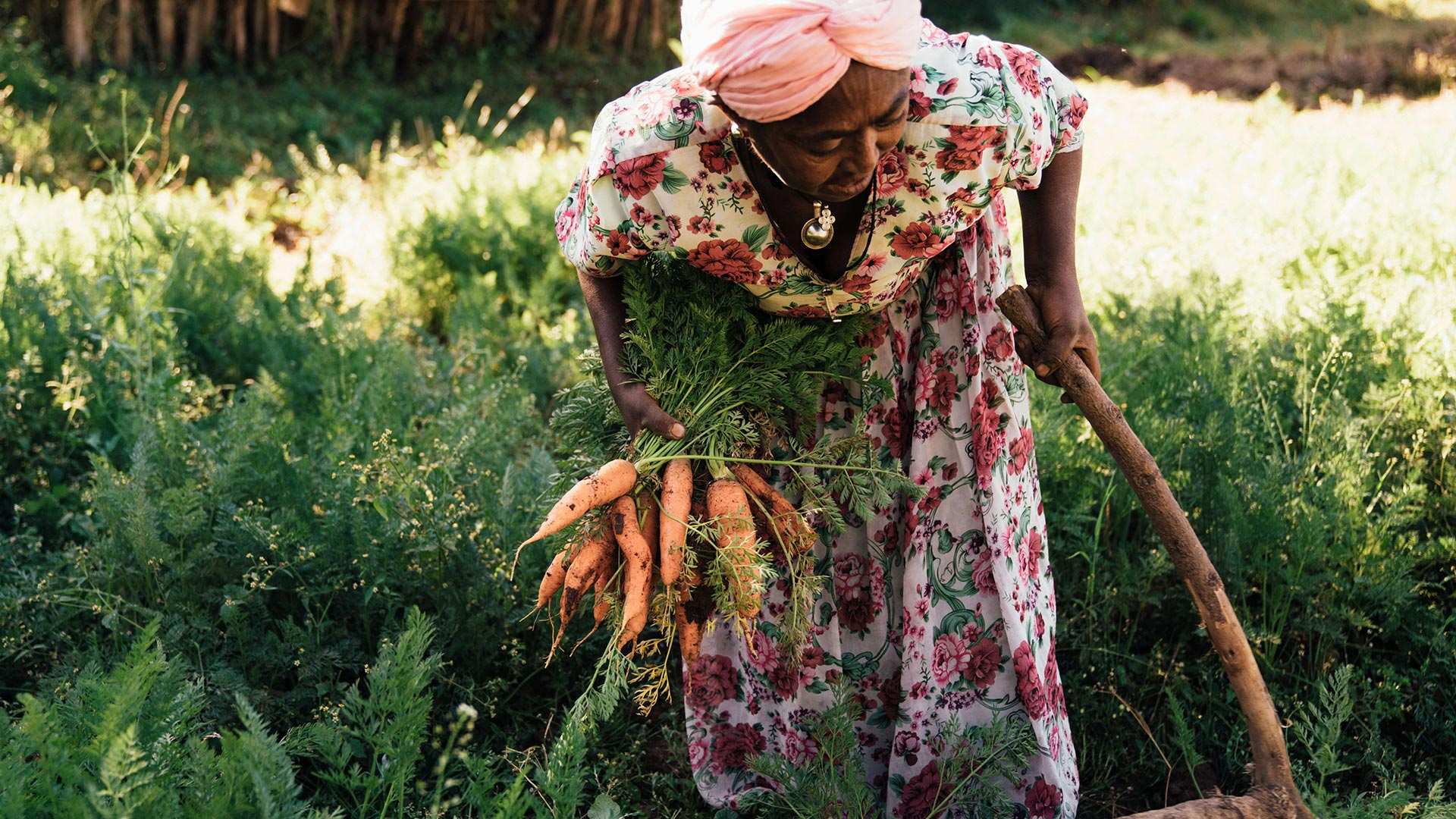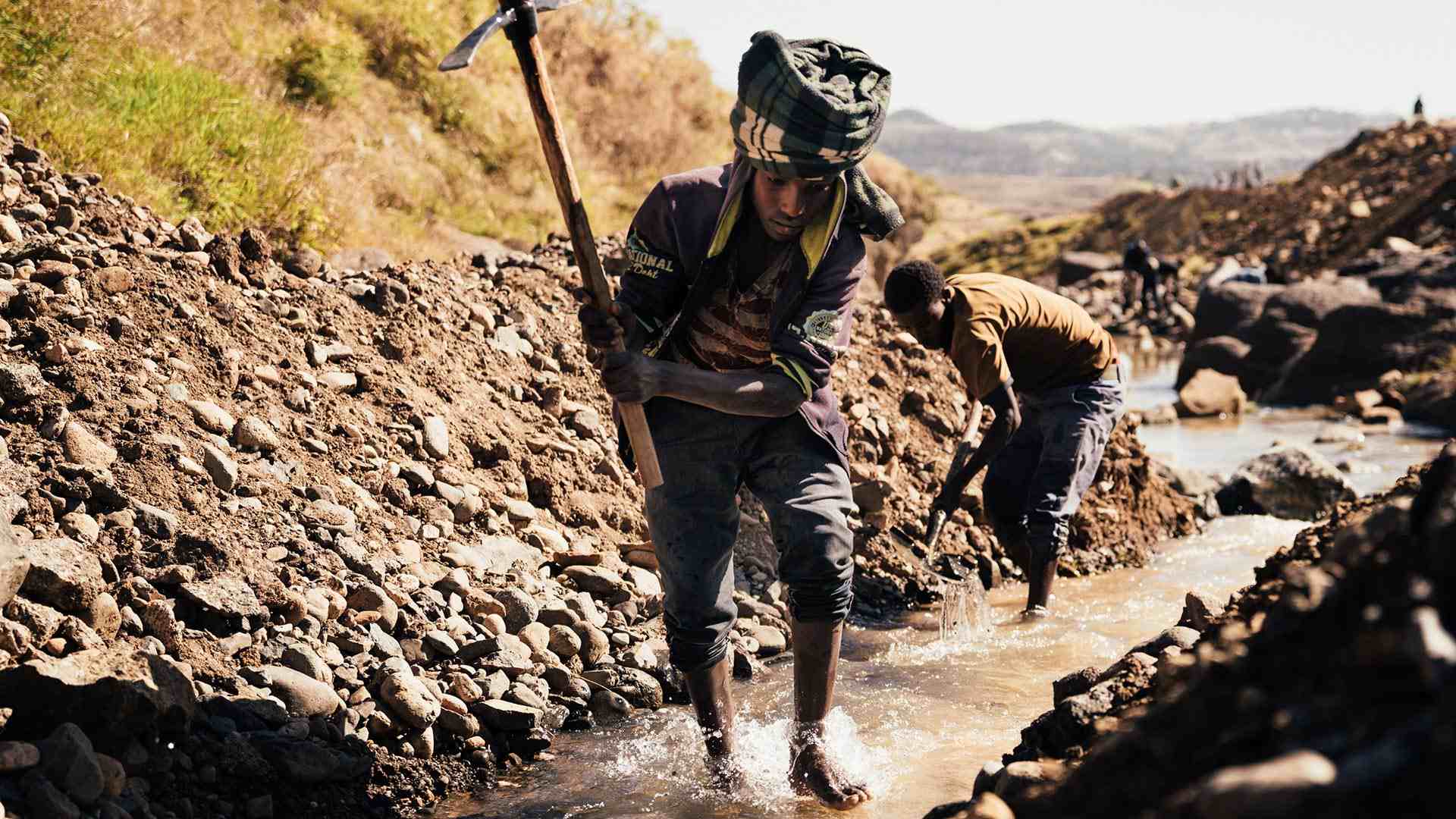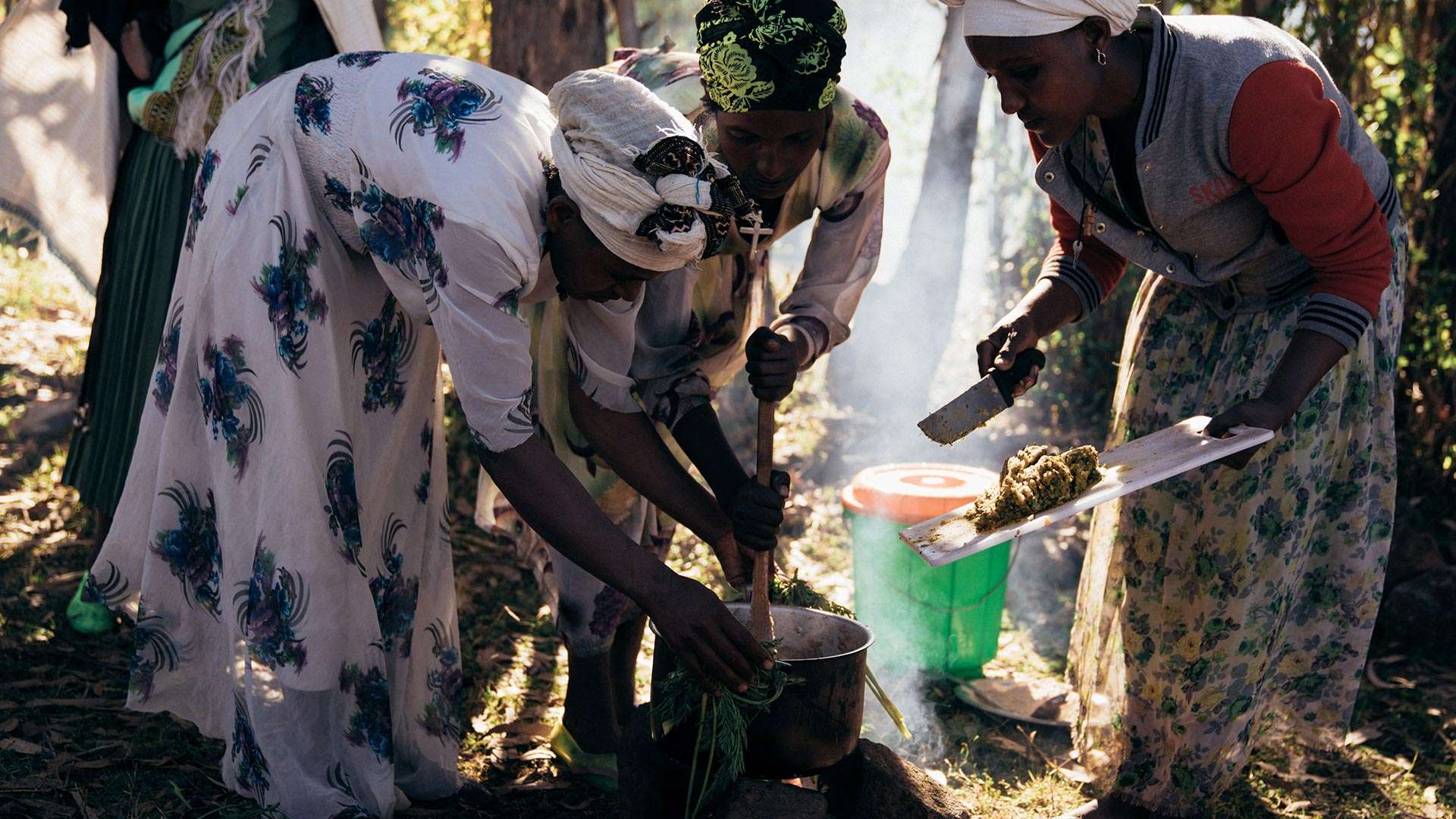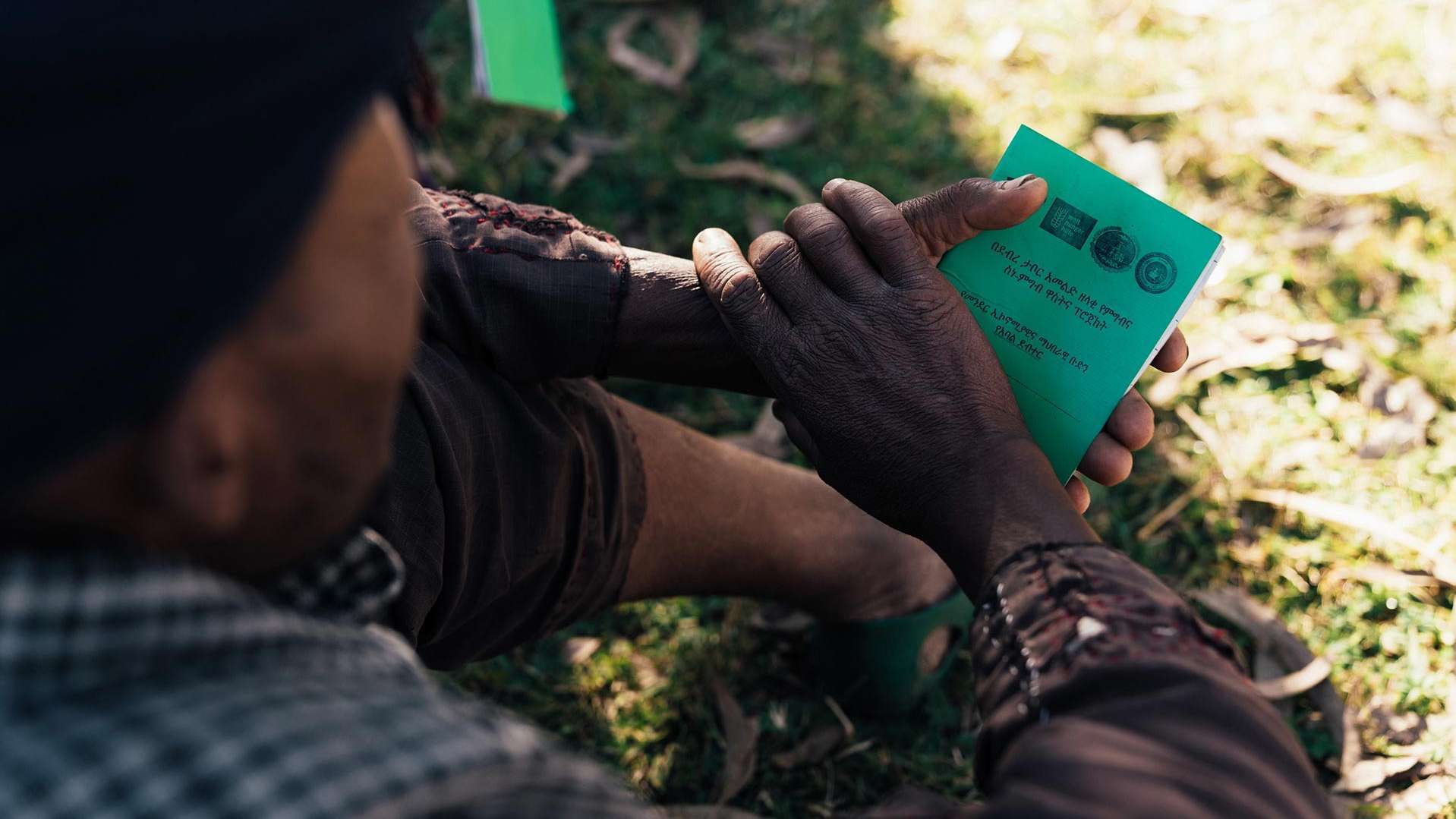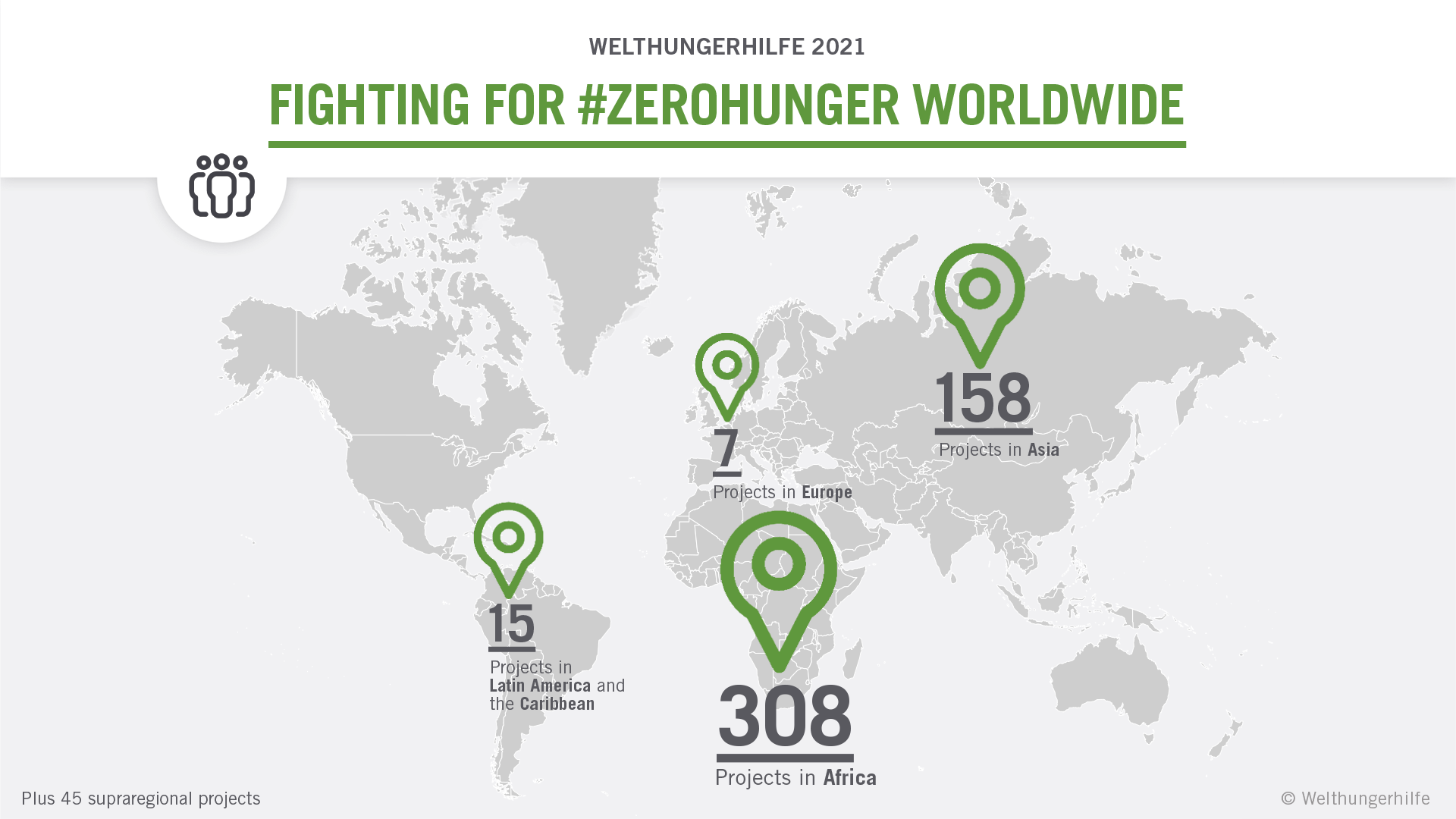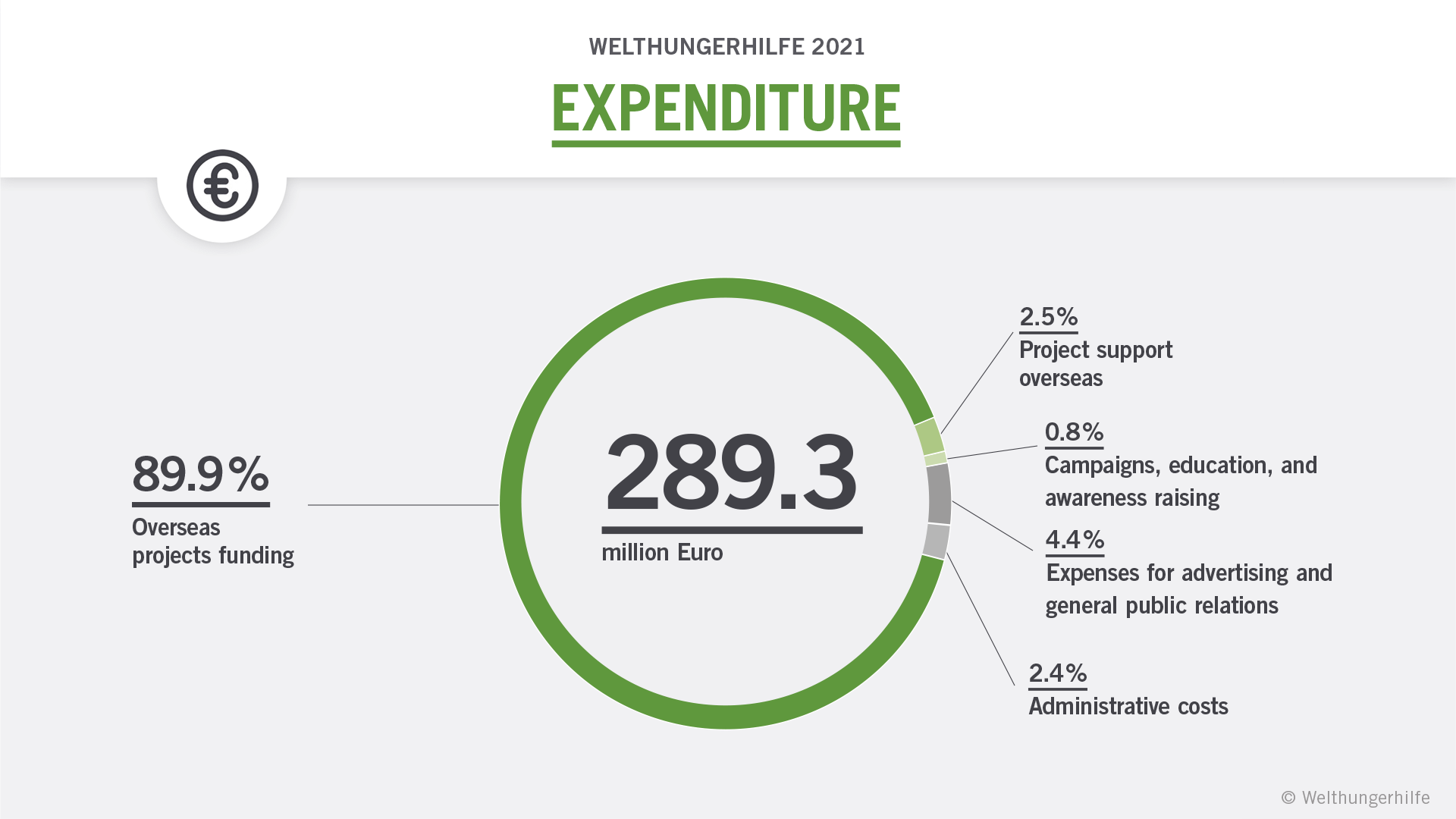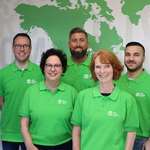Tried and True
Welthungerhilfe stands for transparency and quality, verified information, and the cost-effective and goal-oriented use of donations. For this reason, the German Central Institute for Social Questions (DZI) has awarded us its donation seal. We put your donation to work with precision and responsibility. If we receive more donations than needed for a specific project, the surplus is directed towards other Welthungerhilfe projects that require funding.
